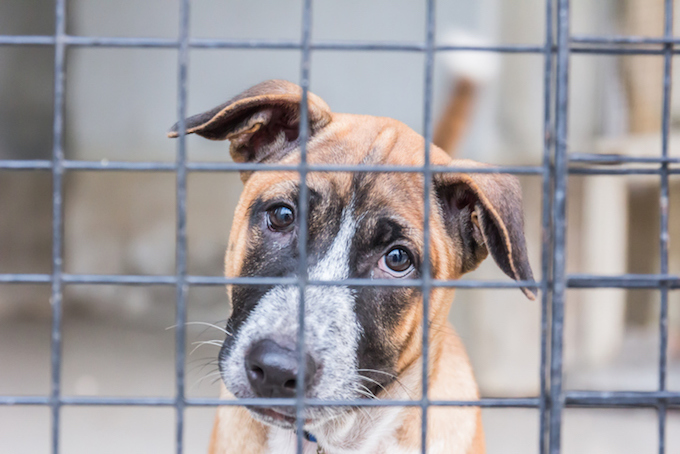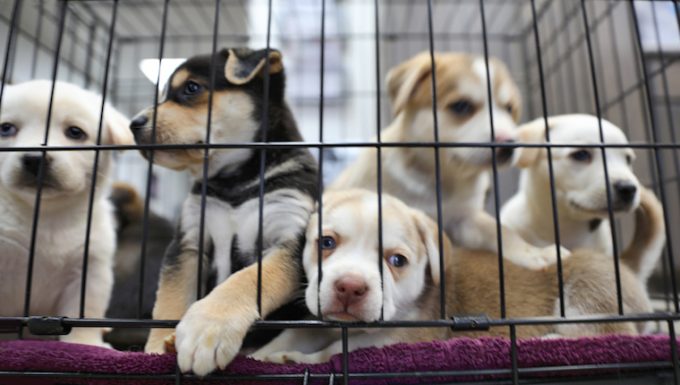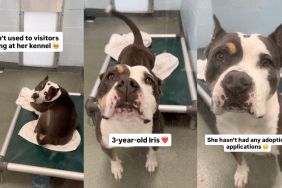Kennel cough in dogs is a respiratory disease. The condition is considered to be highly contagious in dogs and produces a very dry cough.
Generally, the condition makes it sound like your dog has something stuck in their throat.
Unfortunately, the condition can also prove to be life-threatening in some cases — although an annual vaccination for the condition is available.
Technically, the condition is also known as infectious tracheobronchitis in dogs. Alternatively, the condition is also referred to as canine infectious respiratory disease (CIRD) in dogs.
If you see the signs of the condition in your dog, then get to a veterinarian for a proper diagnosis and treatment.
Here’s what you should know about the symptoms, causes, and treatments for the condition.
Symptoms of Kennel Cough in Dogs
The condition produces a number of symptoms. For example, some of the most common symptoms include:
- Very dry coughing
- Coughing all night
- Fever
- Sneezing
- Breathing problems
- Loss of appetite
- Runny nose
- Acting lethargic
- White foaming at the mouth
Causes of Kennel Cough in Dogs

The cause of the condition is usually a bacterial or viral infection. Usually, the condition spreads from one infected dog to another.
For example, some of the common places where a dog can pick up the condition include:
- Doggy daycare
- Kennels
- Dog groomers
- Shelters
- Dog parks
Kennel Cough Treatment
Firstly, your vet will ask about your dog’s symptoms. Secondly, your vet will ask about any circumstances where your dog could have been infected with the condition.
Thirdly, a full physical examination will be carried out. Your vet will also pay attention to your dog’s cough. Also, a PCR test will be used to confirm the condition.
Generally, the condition is treated with a combination of rest and medication, such as antibiotics. As always, if your vet prescribes your dog any medicine, make sure to stick to the correct dose and frequency instructions. Also, complete the full course of medicine.
However, in severe cases of the condition, more serious symptoms such as pneumonia will need to be treated.
Generally, dogs recovering from the condition should switch from a collar to a harness. This is to avoid putting extra pressure on the affected throat area.
Finally, prevention is better than cure with this condition. So make sure to keep up with your dog’s annual vaccination for kennel cough.
Have you ever cared for a dog who suffered from this condition? How did your vet help your dog recover? Let us know in the comments section below.









